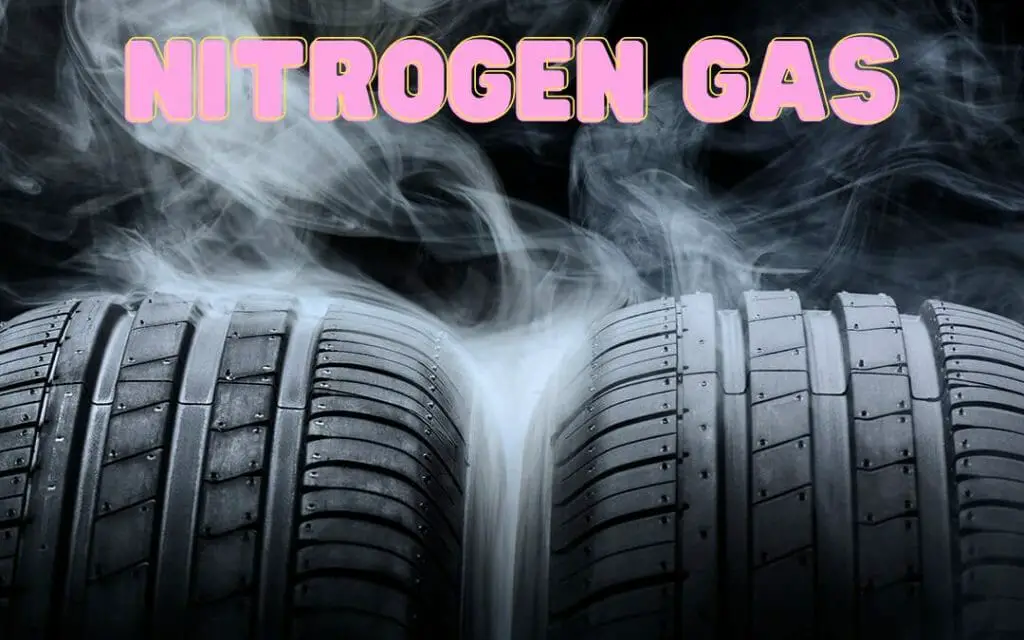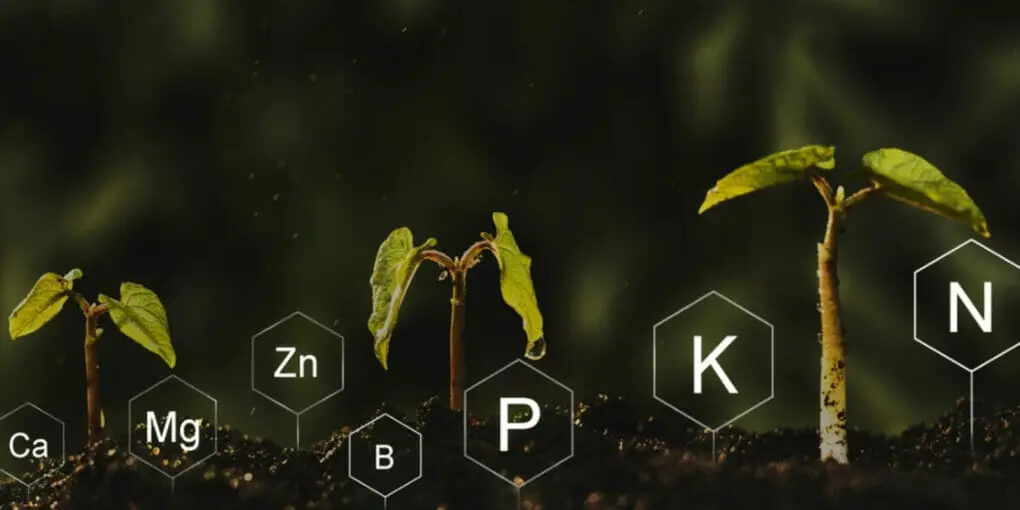How Much is Nitrogen Gas? | Tire Hubz
Nitrogen is a gas that makes up 78 percent of the Earth’s atmosphere. It is odorless, colorless and tasteless. Nitrogen is an important element in all living things. It is found in proteins, DNA and RNA. Nitrogen is also a key component of fertilizers. Nitrogen is essential to life on Earth.
It is a key component of proteins, DNA and RNA. Nitrogen also helps plants grow by providing them with the nitrogen they need to create chlorophyll. How Much is Nitrogen? Nitrogen is a very important element for all life on Earth. It makes up 78% of the air we breathe and is a key component of all living things.
Plants need nitrogen to grow, and animals need it to live. Nitrogen is also an important part of many industrial and commercial processes. So, how much does nitrogen cost?
The answer depends on what you need it for. For example, if you want to buy nitrogen gas (N2) to fill up your tires, you can expect to pay about $0.50 per tire. If you need nitrogen for welding or other industrial applications, the price will be much higher.

Credit: www.epicgardening.com
Table of Contents
Is Nitrogen an Expensive Gas?
No, nitrogen is not an expensive gas. It is actually quite abundant and makes up 78% of the Earth’s atmosphere by volume. Nitrogen is also relatively inexpensive to produce commercially.
What is the Cost of Nitrogen Per Pound?
Exploring the costs of essential elements can be intriguing, especially when it comes to something as commonplace yet vital as nitrogen. So, how much is nitrogen? The cost of nitrogen per pound can vary greatly depending on the form and quality you require. As a general rule, industrial nitrogen – which is often used in manufacturing and scientific research – typically costs somewhere between $0.10 to $0.30 per cubic foot.
If you’re interested in nitrogen in a liquid form, the cost is significantly higher due to the extensive purification and cooling process required to convert nitrogen gas into a liquid state. That being said, it’s important to note that the exact cost can fluctuate based on factors such as current market conditions, the supplier’s pricing structure, and your specific volume requirements. Understanding the cost of nitrogen is crucial, especially for industries that heavily rely on this element for their operations.
How Much Does Pure Nitrogen Cost?
Nitrogen is an inexpensive gas that is used in a variety of industrial and commercial applications. It is colorless, odorless, and non-flammable. Nitrogen makes up 78% of the Earth’s atmosphere and is an important gas for plant growth.
Nitrogen can be purchased in compressed gas cylinders or liquid nitrogen dewars. The cost of nitrogen varies depending on the form, volume, and supplier. Compressed nitrogen gas is typically sold in cylinders ranging from 10 to 200 pounds.
The price per pound ranges from $0.50 to $1.25. Liquid nitrogen can be purchased in dewars ranging in size from 4 liters to 50 liters. The price per liter ranges from $1 to $6. The cost of pure nitrogen will also vary depending on the application or use case. For example, agricultural uses require lower purity levels (90%), while electronic applications require higher purity levels (99%).
How Much Does a Container of Nitrogen Cost?
A container of nitrogen can cost anywhere from $30 to $250 depending on the size and where you purchase it. Nitrogen is used in a variety of applications including welding, food storage, tire inflation, and as an inert gas for lasers.

Nitrogen Gas Price Per Liter
If you’re in the market for nitrogen gas, you may be wondering how much it will cost per liter. The price of nitrogen gas varies depending on a few factors, including the supplier, purity level, and quantity. Typically, nitrogen gas ranges anywhere from $0.50 to $5.00 per liter.
For example, Praxair sells high-purity nitrogen gas at a price of $0.64 per liter when purchased in bulk quantities. Airgas, another major supplier of industrial gases, offers pure nitrogen gas at a slightly higher price of $0.70 per liter. The purity level of the nitrogen is an important factor to consider when pricing out your purchase.
For example, Praxair’s 99.998% pure nitrogen gas costs $11.00 per liter while their 99% pure option costs just $0.64 per liter – a significant difference in price! When deciding on a supplier, be sure to compare prices and purities to find the best deal for your needs. Also, keep in mind that many suppliers offer discounts for larger purchases so it’s always worth asking about pricing options when placing an order for nitrogen gas!
Cost of Nitrogen Per Kg
The cost of nitrogen per kg can vary depending on the supplier and the purity of the product. However, pure nitrogen typically costs between $0.50 and $1.00 per kg.
Cost of Nitrogen Per Gram
The average cost of nitrogen per gram is between $0.01 and $0.10. The price of nitrogen depends on the purity, form, and delivery method.
Where Do You Get Liquid Nitrogen?
How Much is Nitrogen Gas Per Pound
Nitrogen gas is a common element in the air, making up 78% of the air by volume. It is an inert gas, meaning it does not react with other elements under normal circumstances. Nitrogen gas is used in many industries, including food processing and storage, welding, electronics manufacturing, and medicine.
Nitrogen gas is typically sold in tanks or cylinders containing anywhere from 1 to 100 pounds of nitrogen. The price of nitrogen gas depends on its purity and quantity. For example, high-purity nitrogen gas (99.9%) may cost $0.50 per pound, while lower-purity nitrogen gas (90%) may cost only $0.25 per pound.
In some cases, customers may be able to purchase bulk quantities of nitrogen gas at a discount. For example, a customer who purchases 10 tanks of nitrogen gas might pay $4 per tank or $0.40 per pound.
Frequently Asked Questions (FAQs)
1. What Is The Cost Of Nitrogen Gas?
The cost of nitrogen gas can vary widely depending on the volume you need, the purity level, and the delivery method. On average, industrial nitrogen might cost between $0.30 – $0.75 per cubic meter, but this can vary. For more specific pricing, it’s best to contact a gas supplier directly.
2. Why Is There A Cost For Nitrogen When It’s Abundant In The Air?
While nitrogen makes up about 78% of our atmosphere, the process of separating it from other atmospheric gases requires specialized equipment and consumes energy, both of which contribute to the cost. This process, known as fractional distillation, involves cooling air until it liquefies, then separating the different components as they each boil off at different temperatures.
3. Can I Fill My Car Tires With Nitrogen? Is It Cost-effective?
Yes, you can fill your car tires with nitrogen. It’s often used in racing, aviation, and commercial transport due to its stability under temperature fluctuations. However, whether it’s cost-effective for everyday personal use is subjective. Nitrogen-filled tires might maintain tire pressure longer than air-filled ones, but the cost per fill is usually higher. Therefore, it’s cost-effective if you value the potential for slightly improved fuel economy and longer tire life.
4. What Is The Cost Of Liquid Nitrogen?
Liquid nitrogen prices can vary significantly based on your location and the volume you purchase. On average, you might expect to pay between $0.50 to $2.00 per liter. However, this doesn’t include container rental fees or delivery charges, which can significantly increase the cost.
5. Is It Cheaper To Generate My Own Nitrogen?
Whether it’s cheaper to generate your own nitrogen depends on your specific nitrogen usage. For high-volume users, investing in an on-site nitrogen generator can be more cost-effective in the long run, despite high initial costs. For occasional users or those with smaller volume needs, purchasing nitrogen from a supplier might be more economical.
Conclusion
Nitrogen is an important element for all life on Earth. It makes up 78% of the air we breathe and is a key component of DNA, proteins, and enzymes. Despite its abundance, nitrogen is not easily available to plants and animals since it is mostly in gaseous form.
Nitrogen fixation is the process by which nitrogen gas is converted into a more usable form, such as ammonia or nitrates. This process can be performed naturally by bacteria or industrially using the Haber-Bosch process. Once fixed, nitrogen can be used by plants to make amino acids, nucleotides, and chlorophyll.
Animals use these same compounds to create their own proteins. In addition, nitrogen fertilizers are often applied to crops to increase yields.


